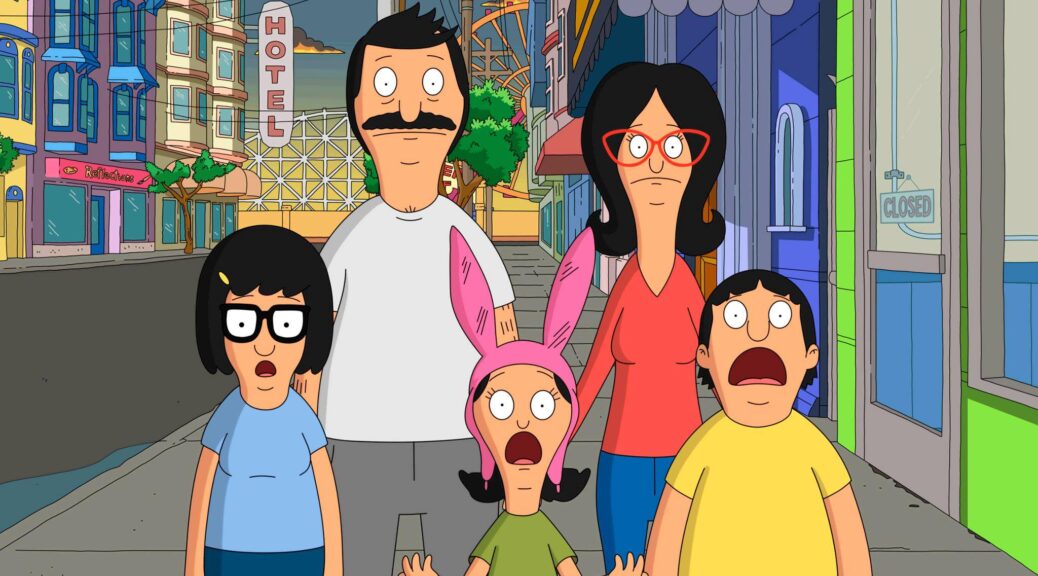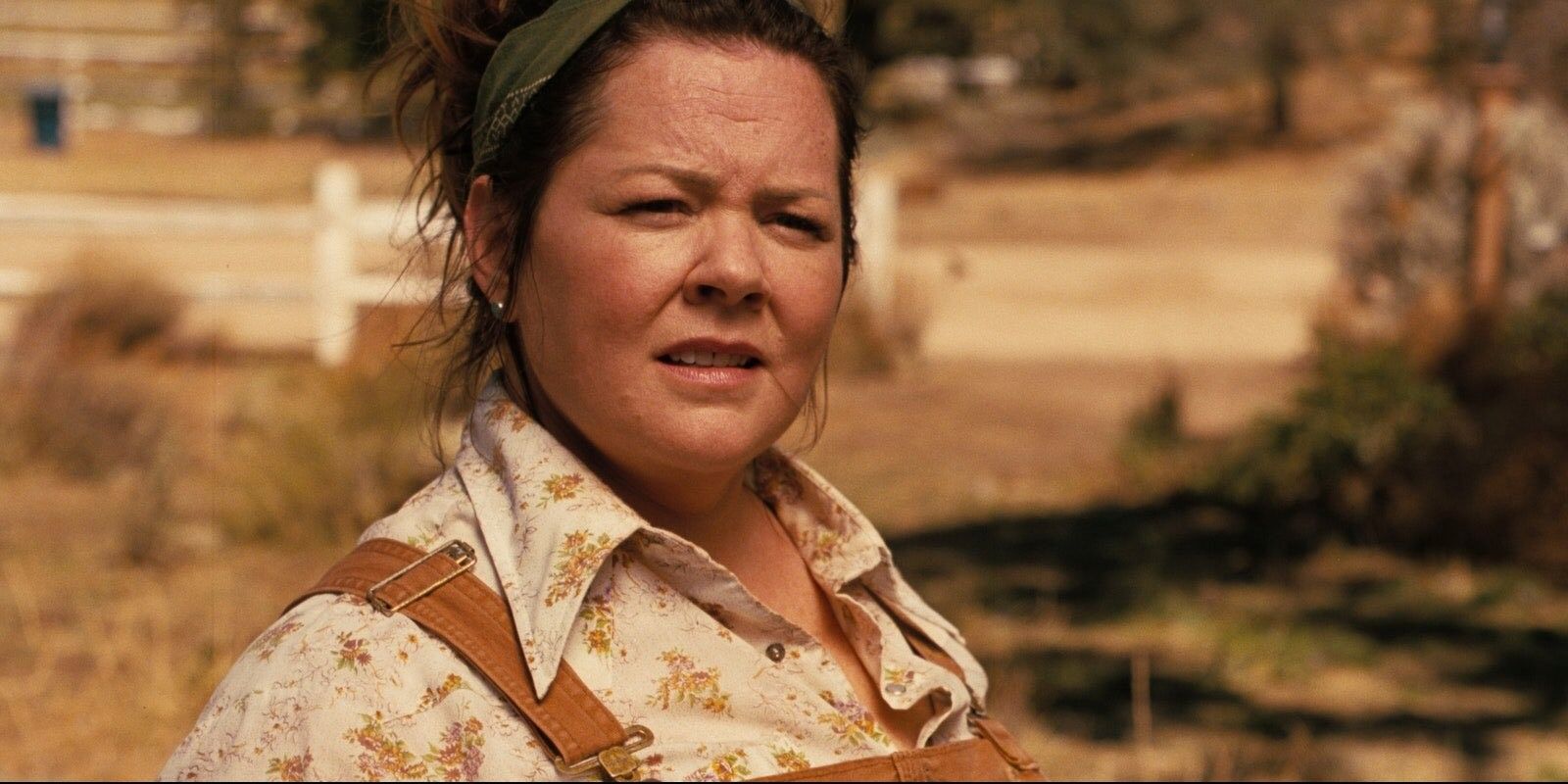The Bob’s Burgers Movie
by George Wolf
Some fifteen years ago (!), at a critics screening for the movie version of Strangers With Candy, I laughed early and often. I was a fan of the TV show and its particular brand of humor, and I thought the film was hilarious. And then I realized something.
I was the only one laughing.
At the recent critics screening for The Bob’s Burgers Movie, a similar thing happened. Only one person was laughing.
It wasn’t me.
Series creator Loren Bouchard brings his baby to the big screen as co-writer and co-director, and he promptly puts the Belcher burger joint in jeopardy.
The family has just seven days to make a loan payment to the bank, and business isn’t exactly booming. And that was before a big sinkhole formed directly outside the front entrance! Meanwhile, the Belcher kids stumble onto a mystery involving the obnoxiously rich Calvin and Felix Fischoeder (voiced by Kevin Kline and Zach Galifianakis) that could reveal a way out of the whole mess.
Bouchard and his regular cast of voice actors (including H. Jon Benjamin, Kristen Schaal, Dan Mintz, Eugene Mirman and John Roberts) have been at this for over a decade, and their move to the multiplex shows no signs of re-inventing a formula that has clearly worked for years.
It just doesn’t work for me.
The songs are spirited, the animation well-crafted, and the dialogue often rapid fire. But it leans on a style of humor that’s often obvious and repetitive, in a cartoon world where nearly every single business has to have a corny name like “It’s Your Funeral Home,” “Sprain Sprain Go Away” and “Weight Weight Don’t Tell Me.”
But to its credit, The Bob’s Burgers Movie is here to super serve the regulars. There may be too much fatty in the patty to attract many new converts, but if you’ve already memorized the specials, belly up for a deluxe portion.




